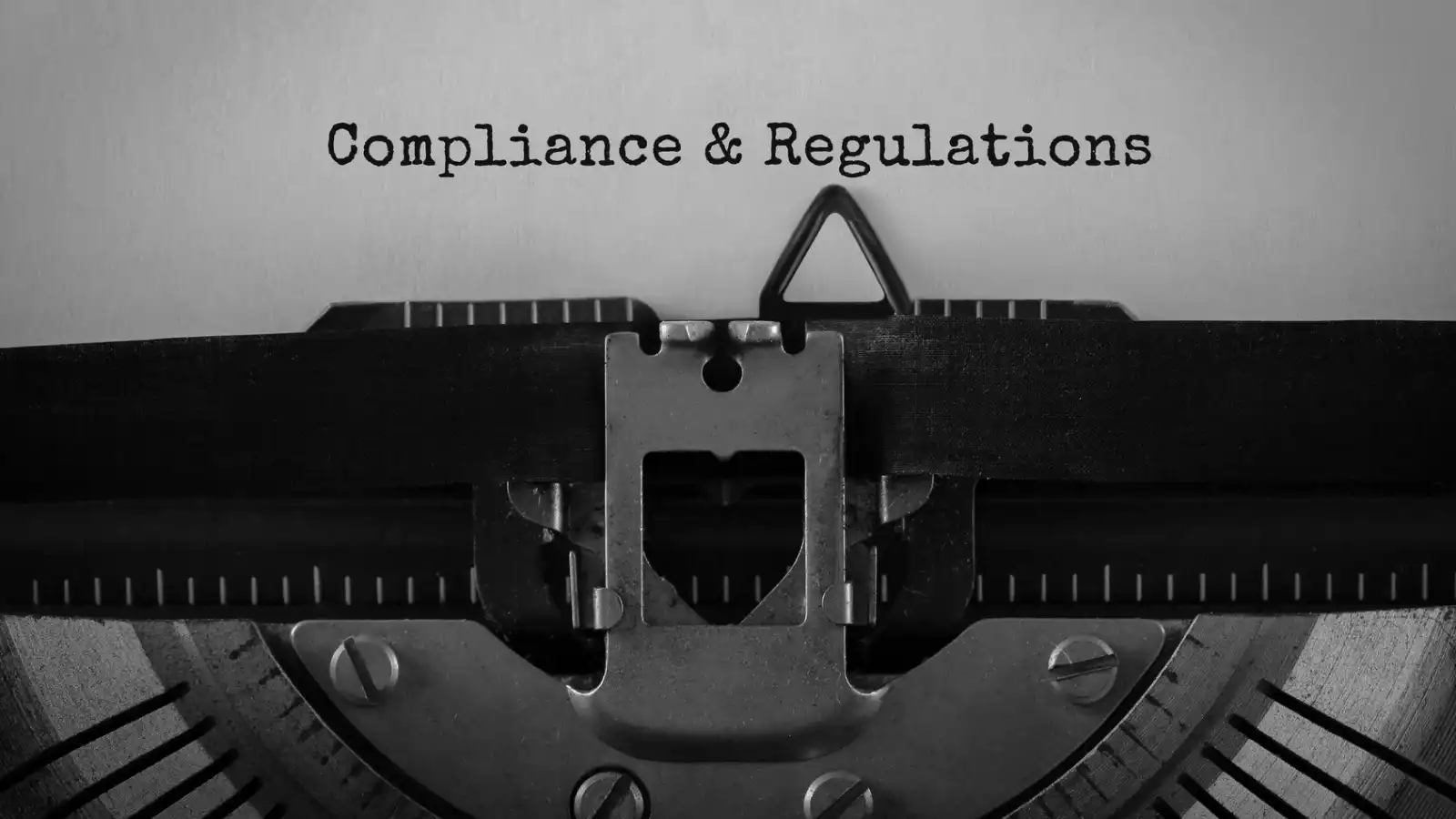 In June 2016, the Department of Justice issued a new rule that changes the penalties for immigration-related employment violations in the Immigration Reform and Control Act of 1986 (IRCA) (JD Supra). Now, it’s important for you to learn about these changes and revisit IRCA to see what you can and should be doing to avoid penalties and fines in the first place.
In June 2016, the Department of Justice issued a new rule that changes the penalties for immigration-related employment violations in the Immigration Reform and Control Act of 1986 (IRCA) (JD Supra). Now, it’s important for you to learn about these changes and revisit IRCA to see what you can and should be doing to avoid penalties and fines in the first place.
What’s changing about IRCA?
According to this article from USI Law, the changes outlined in the Interim Final Rule will increase the following penalties:
Unlawful Employment Of Foreign Nationals
- Penalty increased from $375 to $539 per violation.
- Maximum violation fiscal penalty increased from $3,200 to $4,313.
Maximum Penalty For Multiple Violations
- Penalty increased from a minimum of $6,469 to $21,563.
Form I-9 Paperwork Violations
- Penalty increased from $1,100 to $2,156 per worker.
You can read the complete list of changes on the Federal Register’s website.
What does this change to IRCA mean for your business?
- Oversight agencies will be cracking down on your record keeping. Be ready for a potential audit of your records.
- Immigration and Naturalization Services will be investigating employers to see if they have accurate, complete I-9 forms on file for all employees—make sure your employee information is up-to-date in case you are investigated.
If you’ve been doing your due diligence with regard to hiring and I-9 compliance, there’s nothing to worry about. However, employers who haven’t been following the law are in jeopardy of these penalties, and if they are found to have knowingly violated the law, the consequences are even more harsh and may include criminal charges.
Steps For Compliance
In order to maintain compliance with IRCA and avoid these (now even harsher) penalties, you need to make sure you do the following:
- Review your I-9 practices and policies to make sure you’re compliant, especially in the area of reverification—when an employee has new immigration documents that need to be updated on his or her I-9 form. (JD Supra)
- Conduct an internal I-9 audit to see where you are compliant and where revisions must be made. This includes reverifying eligibility for all workers hired on or after November 6, 1986, and making sure all employees have a complete I-9. (JD Supra, USI Law)
- Don’t discriminate against potential employees based on nationality, citizenship, or immigration history. (USI Law)
- Don’t hire, retain, or promote a worker not authorized to be employed within or by the United States. (USI Law)
- Consider partnering with a PEO for help with hiring and immigration compliance issues.
Immigration compliance should always be in the forefront of a business owner’s mind. We can help you identify problems and implement solutions so you can avoid these costly penalties. Contact us today to find out more.



